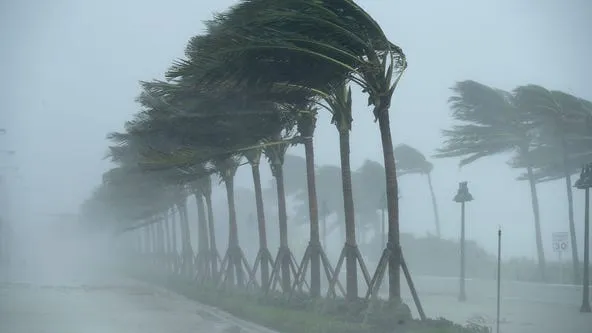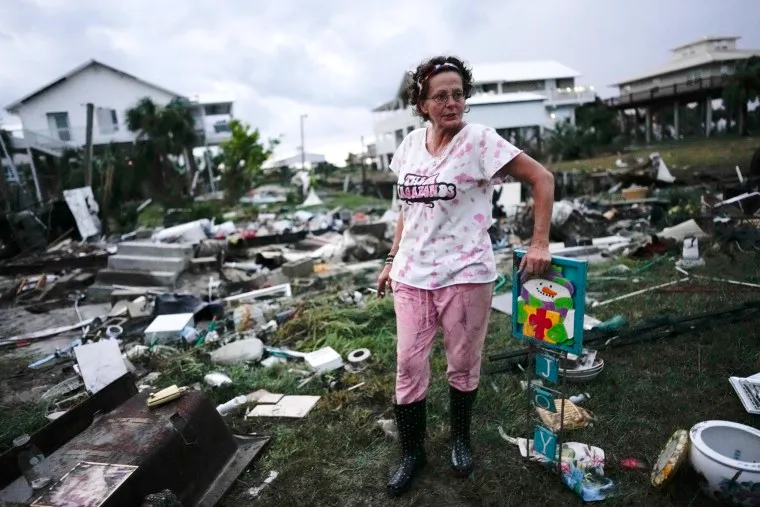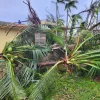As the Atlantic hurricane season begins, scientists are sounding the alarm about the dangers of misinformation spread by climate deniers, such as Florida’s Governor Ron DeSantis, which is increasing the vulnerability of communities in the path of severe weather events. The state’s new law, signed just a few weeks ago, erases the words “climate change” from Florida statutes, effectively pledging the state’s future to burning fossil fuels, a significant contributory factor in global warming.
Katharine Hayhoe, chief scientist of the Nature Conservancy, warns that the consequences of inaction are dire. “When we decide not to react to the information that science provides us, it’s a choice to increase our vulnerability rather than decrease it,” she said. Hayhoe emphasized that hurricanes are getting stronger and more dangerous, heavy rainfall is becoming more frequent, and home insurance is rising. She expressed her concern about the implications for her city, saying, “There are conversations that can still happen, and must still happen.”
Hayhoe highlighted the importance of cities, community organizations, researchers, businesses, homeowners’ associations, and insurance companies carrying out conversations about the connection between weather events and climate change. She noted that water in some parts of the Atlantic and Caribbean is already as hot as temperatures usually recorded at the peak of hurricane season, which does not bode well for a summer that is expected to be one of the most intense and dangerous on record.
The National Oceanic and Atmospheric Administration (Noaa) expects up to 25 named tropical storms, including four to seven major hurricanes with winds at 111mph (179km/h) or higher. Hayhoe explained that heat-trapping gases are building up in the atmosphere, wrapping an extra blanket around the planet, and nearly 90% of this extra heat is going to the ocean, fueling storms.

The destructive power of storms has intensified so much that a recent scientific study recommended adding a category 6 to the existing five-stage Saffir-Simpson scale to account for mega-hurricanes with sustained winds above 192mph. Hayhoe pointed out that factors such as the amount of inland rainfall a storm might bring and the duration of the storm’s impact also need to be considered.
Shenique Albury-Smith, deputy director of the conservancy’s Caribbean division, emphasized the need for governments, community groups, and others to partner in a search for mitigation. She highlighted a mangrove-restoration project implemented in the Bahamas following Hurricane Dorian in 2019 as an example of successful disaster preparedness and recovery efforts.
Hayhoe stressed the importance of focusing on resilience, mitigation, and global efforts to combat the climate emergency. She said, “Hurricanes provide a very strong fingerprint of how human activity, specifically emissions of heat-trapping gases, are supercharging our weather extremes and making them much more dangerous in a warming world.”
Ultimately, the key to reducing vulnerability is to empower communities to take action and work together to mitigate and adapt to the risk of natural disasters.

